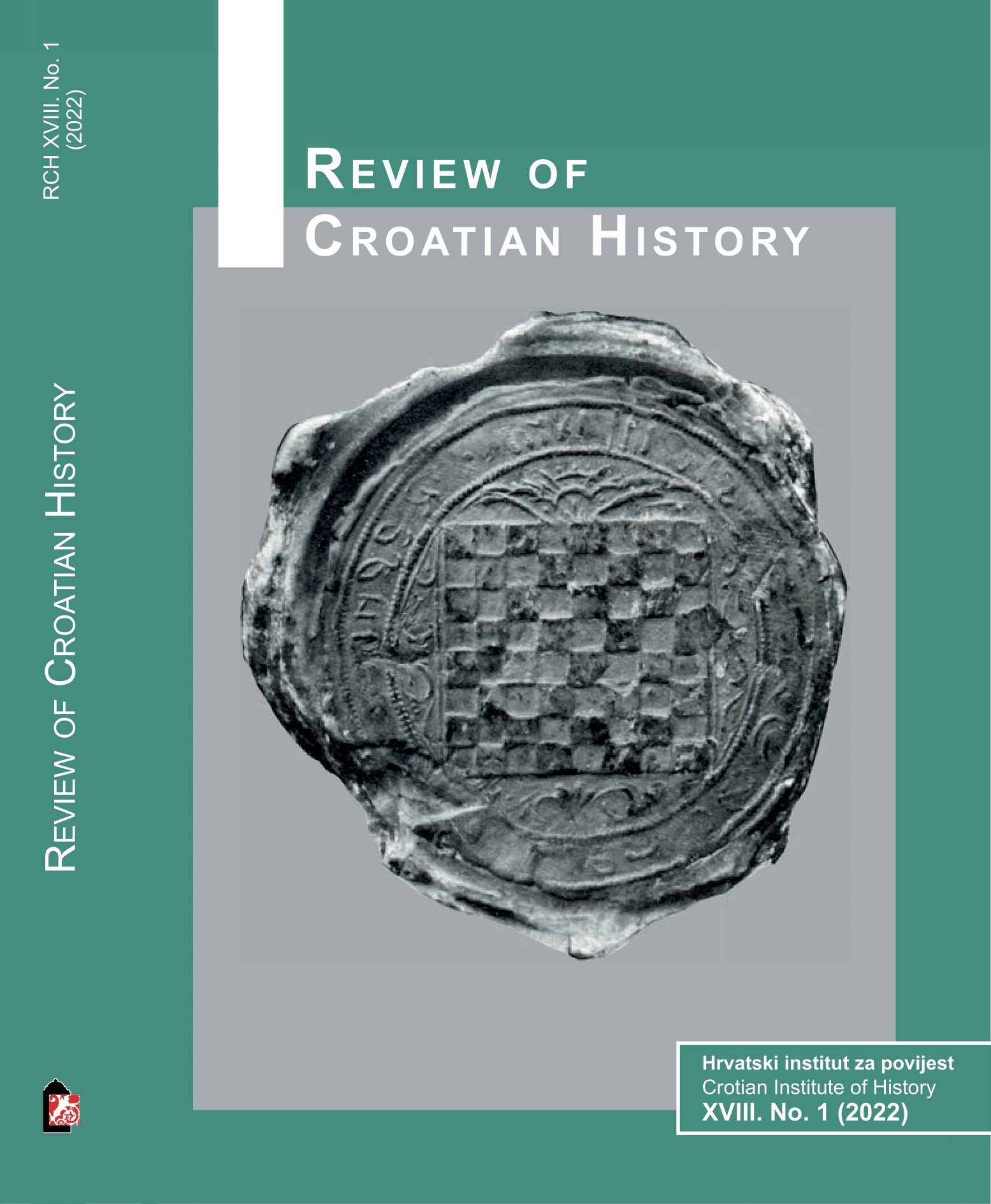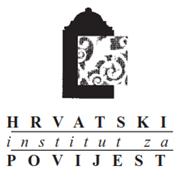NEW WOMEN IN A NEW STATE: FEMINIST EXPECTATIONS FROM YUGOSLAV UNIFICATION
DOI:
https://doi.org/10.22586/review.v18i1.24285Keywords:
Yugoslav unification, feminism, the Kingdom of Serbs, Croats and Slovenes, Ženski svijet/Jugoslavenska žena [Women’s World/The Yugoslav Woman]Abstract
This paper intends to explain not only the origins of the modern woman in a changing political and social environment in a newly established state after First World War, but also the development of ideas formulated by women in their intellectual endeavors, through their influence and criticism, and their hopes and expectations of the new state. It focuses on Croat and South Slavic spaces in the process of unification of the State of Serbs, Croats and Slovenes in 1918 (called the Kingdom of SHS, Kingdom of Yugoslavia from 1929). This period saw the unprecedented involvement of women in political and public life with the aim of achieving political and legal equality. Examining the complex structural changes that took place amidst great economic, social, and political commotion, the paper encompasses the personalities and ideas that challenged the established understanding of the status of women and analyses the ways and forms of some of their social and public actions. The most important among them was Zovka Kveder Demetrović, a journalist and editor of a prominent women’s magazine Ženski svijet/Jugoslavenska žena [Women’s World/The Yugoslav Woman] whose advocacy of women’s issues is the focus of this paper. It informs the reader on new possibilities of understanding the intellectual and political contribution of women, and identifies the most important, if generally unknown, women authors from the region whose work contributed to the general advancement of women’s issues in the aftermath of First World War.
Downloads
Published
How to Cite
Issue
Section
License
Copyright (c) 2022 Copyright holders are the publisher Croatian Institute of History and the authors.

This work is licensed under a Creative Commons Attribution-NonCommercial 4.0 International License.
The copyright holders are the Croatian Institute of History (as the publisher) and the authors.
The Review of Croatian History is an open-access journal. Its contents are freely accessible in their entirety. Users may read, download, copy, distribute, print, search, or put links to its material, and to change, reword, and process the material or use it in other legal ways, as long as they cite the original in the appropriate manner, in accordance with the Creative Commons licence CC BY-NC.
Works published in the Review of Croatian History may be deposited in institutional or thematic repositories, as long as the appropriate links to the web pages of the Journal and Hrčak (central portal of Croatian scientific journals) are made available.
The self-archiving policy is indexed in the Sherpa/RoMEO database, where it is visible that the journal allows the depositing of unreviewed (pre-print), reviewed (post-print), or publisher’s versions of the work.


